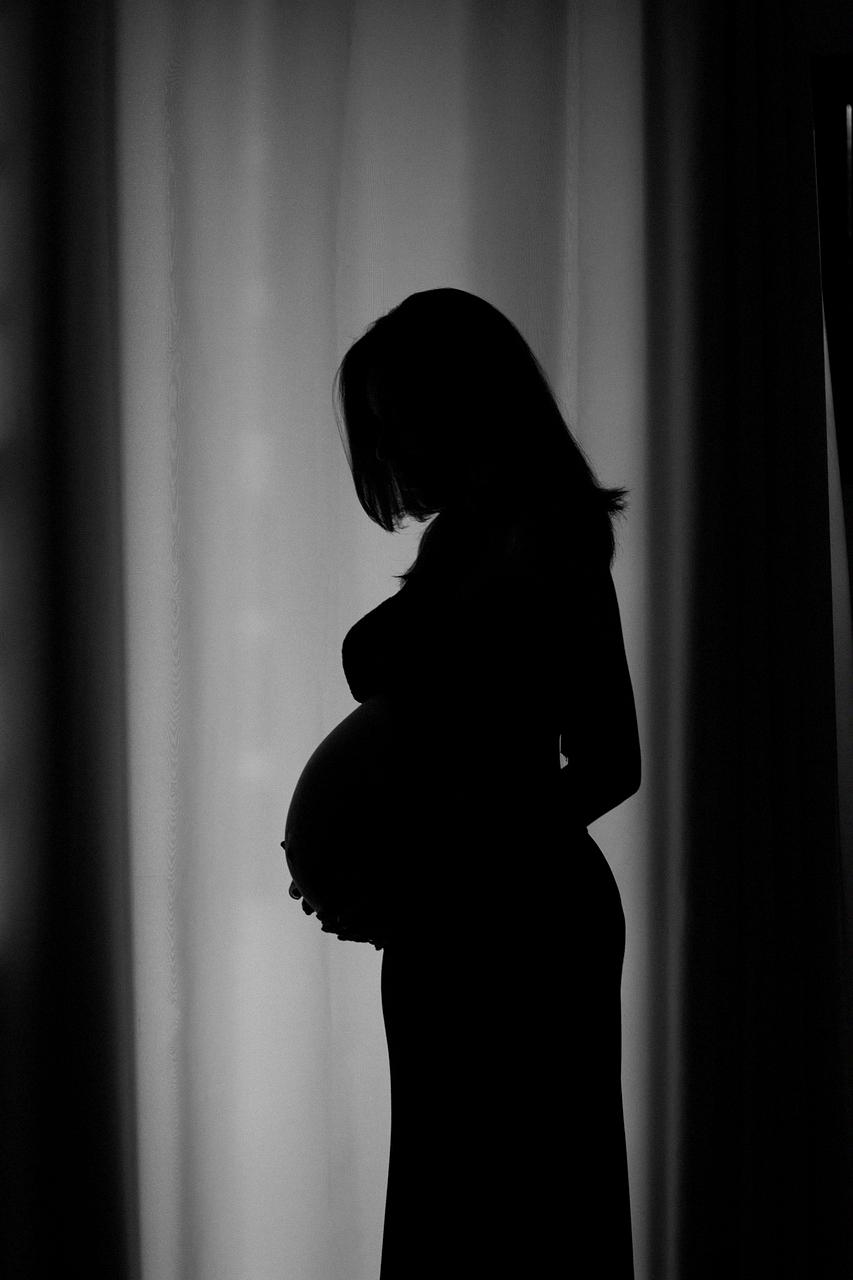Thyroid problems can have a significant impact on women’s health, affecting various aspects of their well-being and daily life. When a woman experiences issues with her thyroid gland, it can lead to a range of symptoms and complications that require attention and management.
Early Onset of Menopause
One of the possible consequences of thyroid disorders in women is the early onset of menopause. This condition may occur before the age of 40 or in the early 40s, disrupting the natural hormonal balance and menstrual cycles. The thyroid plays a crucial role in regulating hormones, so any dysfunction can result in hormonal imbalances affecting menopause timing.
Symptoms of Overactive Thyroid
Women with thyroid problems, specifically hyperthyroidism or an overactive thyroid, may experience symptoms that can be confused with early menopausal signs. These symptoms include amenorrhea (lack of menstruation), hot flashes, insomnia, and mood swings. The overlapping nature of these symptoms can make it challenging to differentiate between thyroid issues and menopause.
Impact on Fertility
Thyroid dysfunction can also affect a woman’s fertility. Imbalances in thyroid hormones can disrupt the menstrual cycle, leading to irregular periods and potential difficulty in conceiving. It is essential for women struggling with fertility issues to have their thyroid function assessed to identify and address any underlying problems.
Weight Changes
Another common effect of thyroid problems on women is fluctuations in weight. Hypothyroidism, an underactive thyroid, is often associated with weight gain due to a slower metabolism. On the other hand, hyperthyroidism can lead to weight loss despite increased appetite. Managing thyroid function is crucial for maintaining a healthy weight.
Cardiovascular Health Risks
Women with untreated thyroid disorders are at an increased risk of cardiovascular complications. Thyroid hormones play a role in regulating heart rate, blood pressure, and cholesterol levels. An imbalance in these hormones can contribute to heart problems, such as arrhythmias, high blood pressure, and elevated cholesterol, highlighting the importance of thyroid management for heart health.
Changes in Energy Levels
Thyroid dysfunction can impact a woman’s energy levels and overall well-being. Hypothyroidism is commonly associated with fatigue, lethargy, and feeling sluggish, making daily tasks challenging. Conversely, hyperthyroidism may cause restlessness, irritability, and an inability to relax, affecting sleep quality and energy levels.
Emotional Wellbeing
The emotional impact of thyroid problems on women should not be overlooked. Thyroid imbalances can exacerbate mood swings, anxiety, depression, and cognitive difficulties. These mental health issues can significantly impact a woman’s quality of life and relationships, necessitating comprehensive care and support.
Thyroid Nodules and Cancer Risk
Women with thyroid problems may develop thyroid nodules, abnormal growths within the thyroid gland. While most nodules are noncancerous, some can be cancerous, highlighting the importance of regular monitoring and evaluation. Thyroid cancer is more prevalent in women, emphasizing the need for timely detection and intervention.
Bone Health Concerns
Thyroid disorders can also affect bone health in women. Hypothyroidism is associated with an increased risk of osteoporosis, a condition characterized by weak and brittle bones. Proper thyroid management and supplementation when necessary are crucial for preserving bone density and reducing fracture risk.
Hair and Skin Changes
Changes in hair and skin quality can be indicative of thyroid problems in women. Hypothyroidism may lead to hair loss, dry skin, and brittle nails, while hyperthyroidism can cause hair thinning, oily skin, and nail changes. Monitoring these external signs can aid in the early detection and management of thyroid issues.
Interactions with Other Conditions
Women with thyroid problems must consider how their condition interacts with other health issues. Thyroid disorders can influence conditions such as diabetes, polycystic ovary syndrome (PCOS), and autoimmune diseases. Collaborative care among healthcare providers is essential to address the interconnected nature of these conditions.
Conclusion
In conclusion, thyroid problems can have a multifaceted impact on women’s health, influencing various aspects of their physical, emotional, and reproductive well-being. Recognizing the signs and symptoms of thyroid dysfunction, seeking appropriate medical guidance, and implementing personalized treatment plans are essential steps in managing thyroid issues and promoting overall wellness for women.

